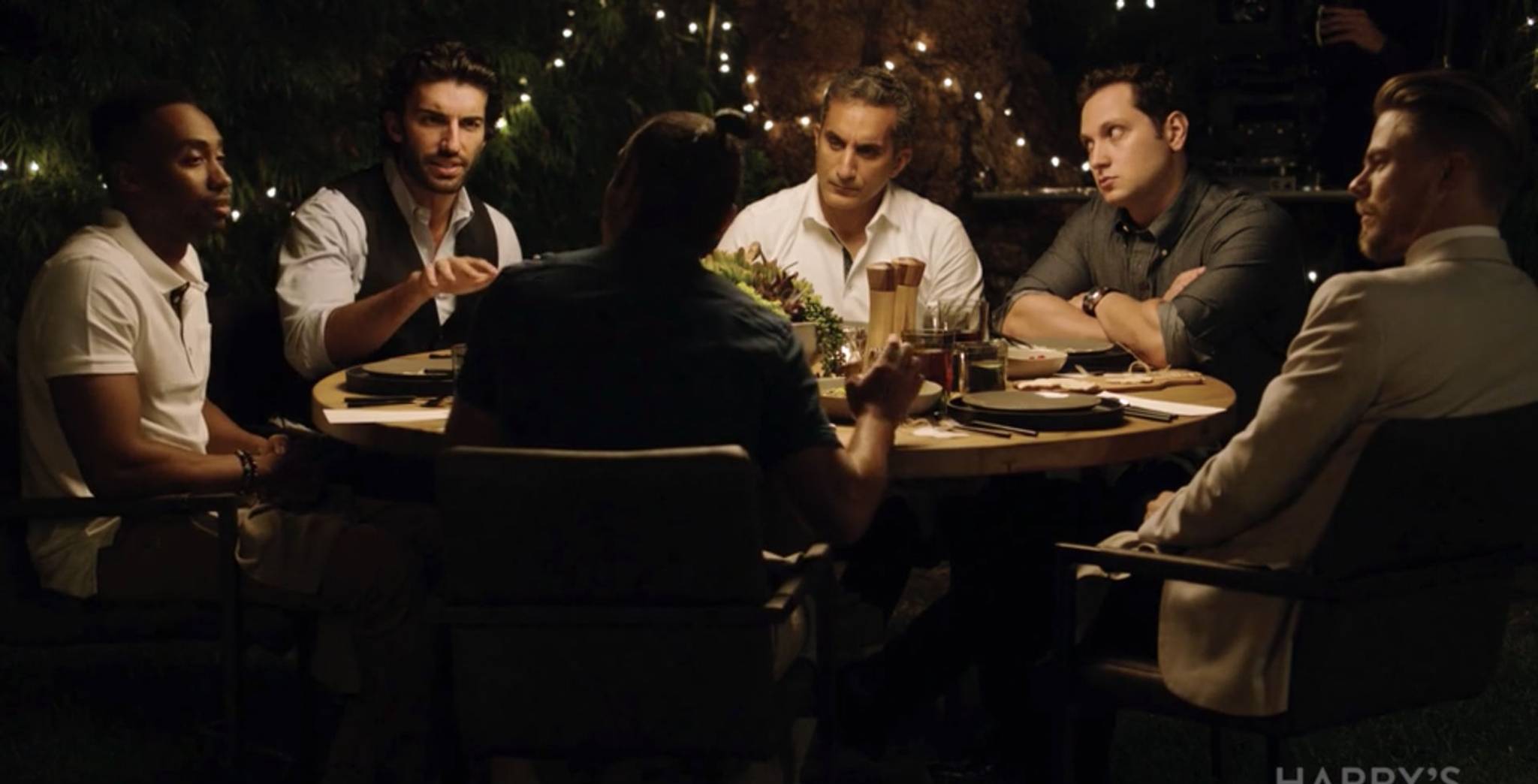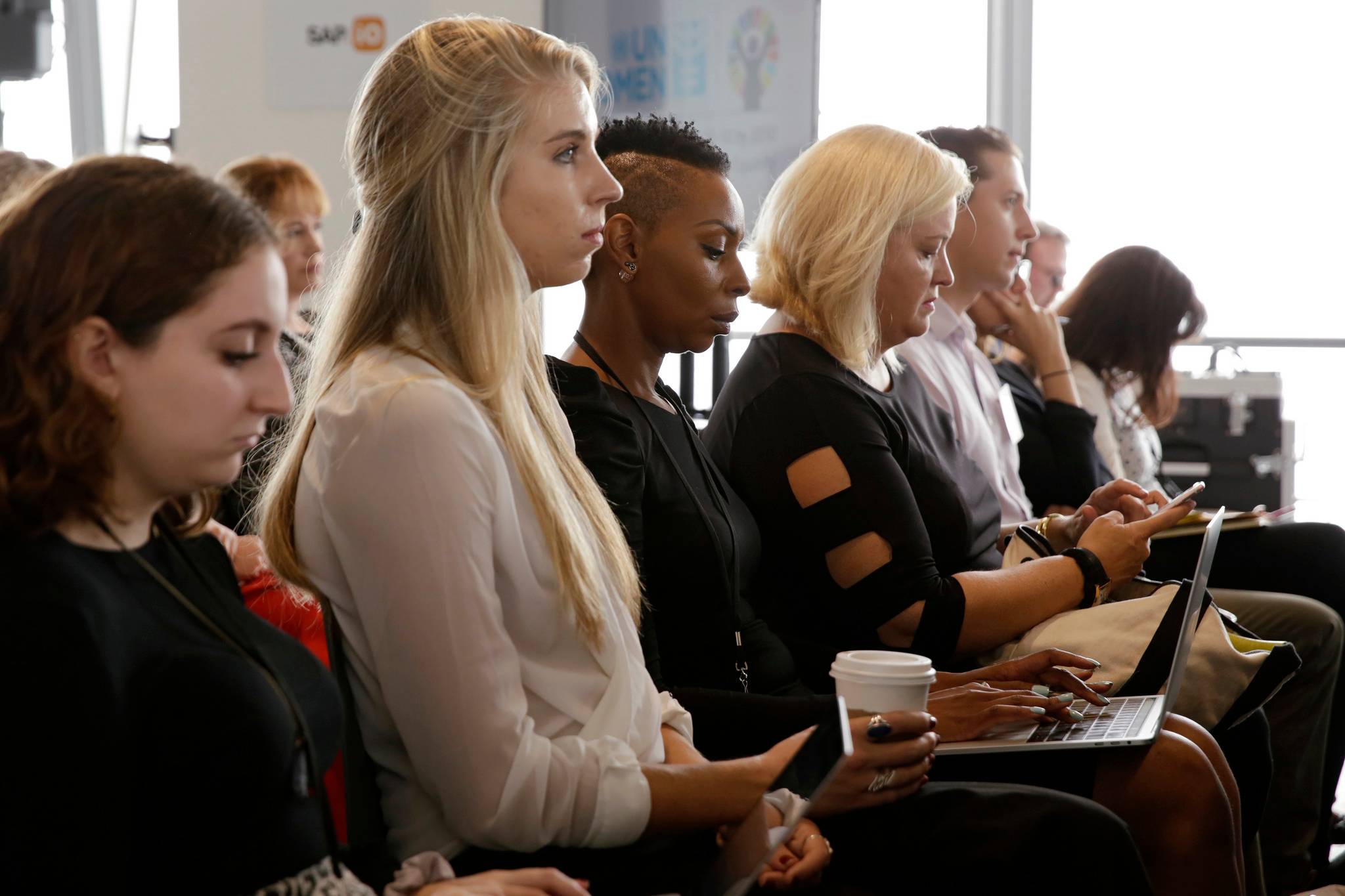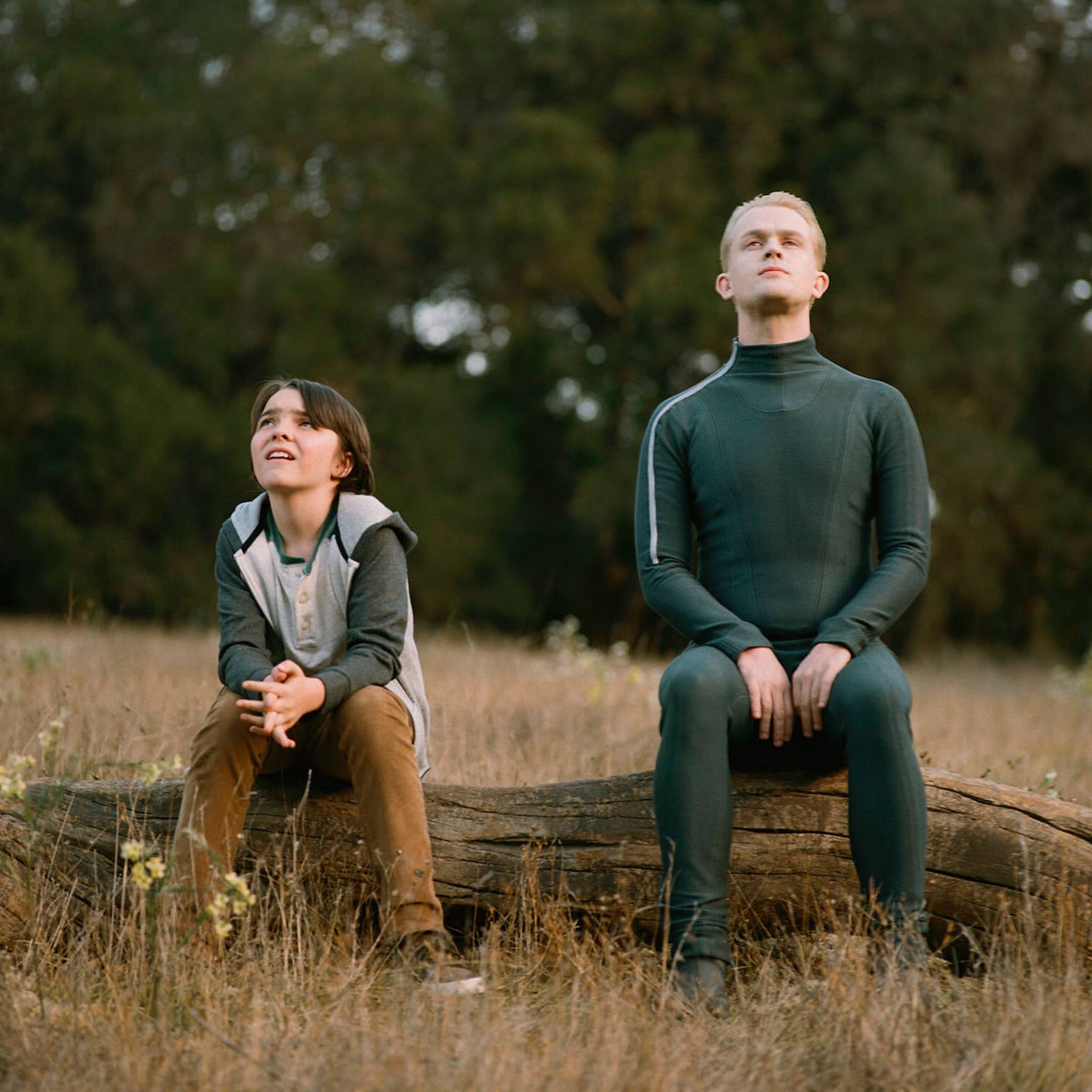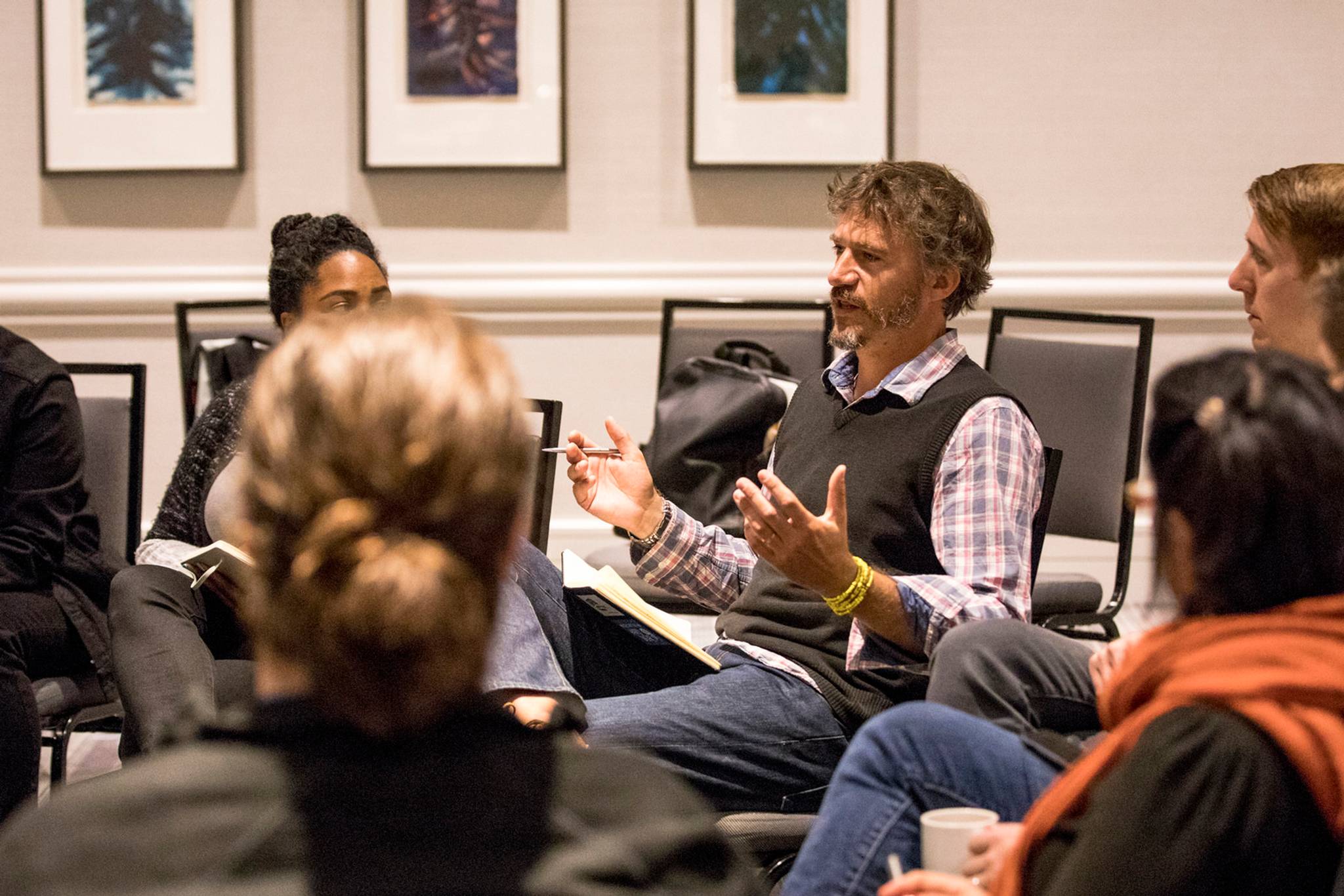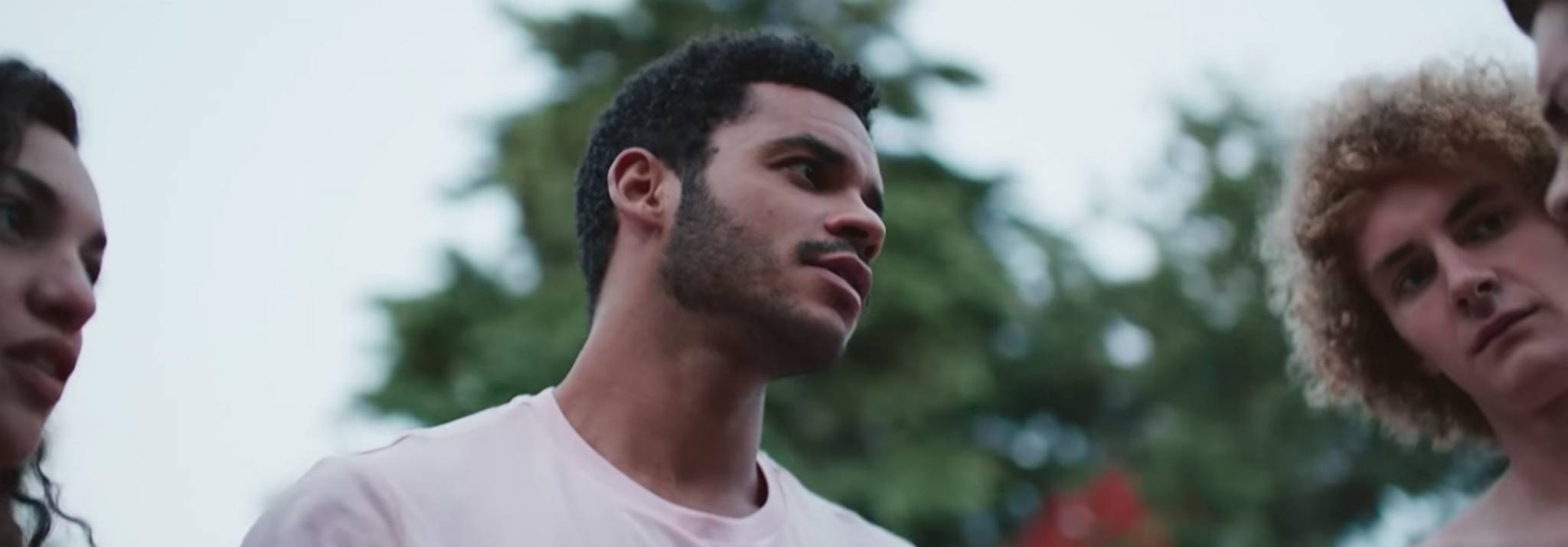
Men's razor brand Gillette has released a short film that challenges gender ideals around masculinity. We explore the insights behind the ad and find out why some men who say it's sexist, yet this is something Gillette anticipated as they attempt to align their brand with a younger, more progressive audience.
Gillette is celebrating the 30th anniversary of their "The Best a Man Can Get" tagline with a provocative short film that explores toxic masculinity. Widely believed to be responding to the #MeToo movement, the film by Grey and directed by Kim Gehrig of This Girl Can fame, features real news clips and videos of men bullying others, being violent or sexist towards women while a voiceover poses a question to viewers: "Bullying; the #MeToo movement against sexual harassment; toxic masculinity; is this the best a man can get?" Gillette’s ad is part of a wider campaign, TheBestMenCanBe.org, which sees the brand committing to donating at least $1 million every year for three years, to organizations that "help men of all ages achieve their personal best".
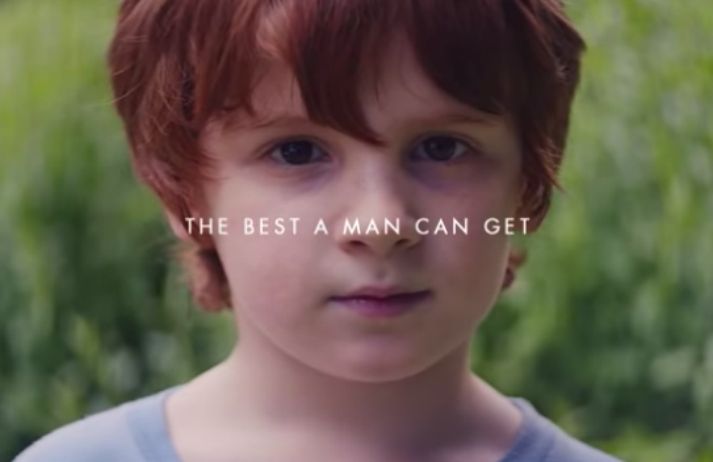
The #MeToo movement has in no small way forced the advertising, marketing and media industries face up to issues of sexual harassment, assault and gender inequality more directly. Gillette is certainly an embodiment of this with a campaign that is meant to be intentionally provocative. Naturally, this will divide people down the middle. The film quickly went viral after being released, notching 11 million views on YouTube with 219k likes and, somewhat alarmingly, 583k dislikes. Many of those who've disliked the film feel the introspective tone is actually sexist in itself, and consider it an attack on manhood. But while the ad urges viewers to be more "pro-humanity", much like Nike did with their 2018 Colin Kaepernick campaign, Gillette has very much taken a side on a social issue knowing it will alienate a portion of its customer base, but will pull the brand closer to the other part over time.
Lucia Seoane-Pampin is a behavioural analyst at Canvas8, which specializes in behavioural insights and consumer research. Born and raised in Spain, she loves experiencing different cultures and emotional expressions. She studied psychology and communications in Boston and has a master’s in digital & visual media.
